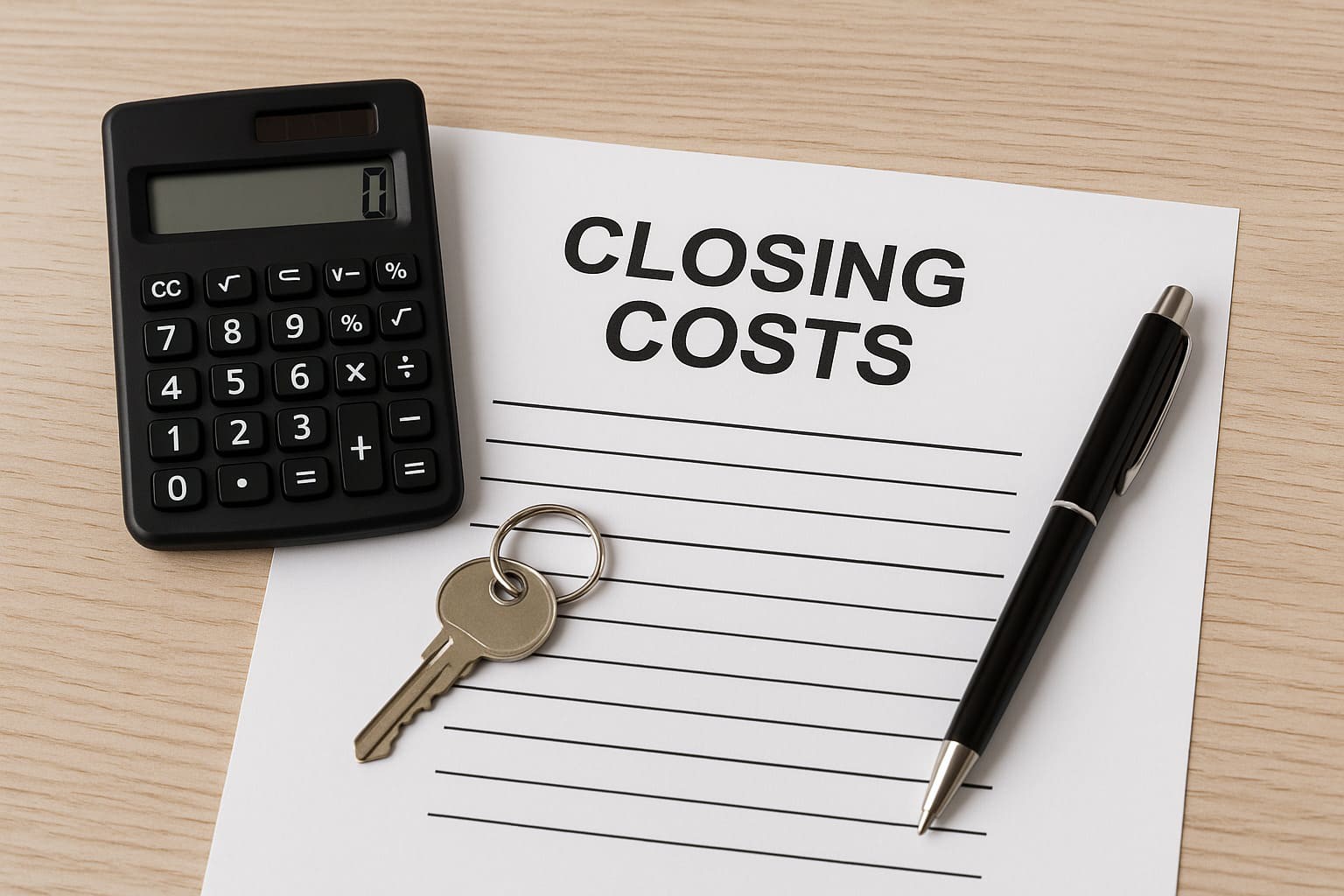What Are Closing Costs?
Closing costs are the fees associated with finalizing a real estate transaction. In a traditional home sale, these costs can include:
> Title and escrow fees
> Transfer taxes
> Real estate commissions
> Attorney or legal documentation fees
> Unpaid property taxes or HOA dues
> The total can range from 2% to 5% of the home’s sale price. But in a short sale, things work a bit differently.
Do Homeowners Pay Closing Costs in a Short Sale?
In most short sales, the homeowner is not responsible for paying closing costs out of pocket. Since the home is being sold for less than what is owed on the mortgage, the lender typically covers most of the closing costs as part of approving the short sale.
This includes:
> Real estate agent commissions
> Title and escrow fees
> Transfer taxes
> Some or all attorney fees
> Outstanding HOA dues (varies)
> That said, lenders evaluate each case individually. If certain fees are not approved, the buyer or homeowner may have to negotiate them separately.
Can a Buyer Pay Closing Costs?
Yes, buyers often agree to pay part of the closing costs to make their offer more appealing, especially in competitive short sale situations. However, some loan types may limit how much a buyer can contribute.
Negotiating Closing Costs in a Short Sale
Since the lender is taking a financial loss, any cost added to the settlement statement must be justified. Here are a few tips for homeowners and agents navigating this:
> Work with a short sale specialist who can present a strong hardship package.
> Disclose all liens or fees early, including HOA dues or unpaid taxes.
> Don’t assume the lender will cover everything — check the approval letter.
> If the lender rejects specific costs, buyers or agents may choose to cover them to save the deal.
For more on the full timeline and process, visit our Stages of a Short Sale guide.
What If the Lender Refuses to Pay?
In rare cases, the lender may not agree to cover certain costs. Homeowners should:
> Ask their agent to renegotiate
> Inquire whether the buyer is willing to cover the gap
> Consider bringing a small cash contribution if possible
> Still, no costs should ever be assumed without written lender approval.
Final Thoughts
In most short sales, lenders cover closing costs to help the transaction close smoothly. But each deal is unique, so having the right professionals involved can make all the difference.
Need help navigating your short sale? Contact our experts today — we’ll walk you through every step.

Recent Comments